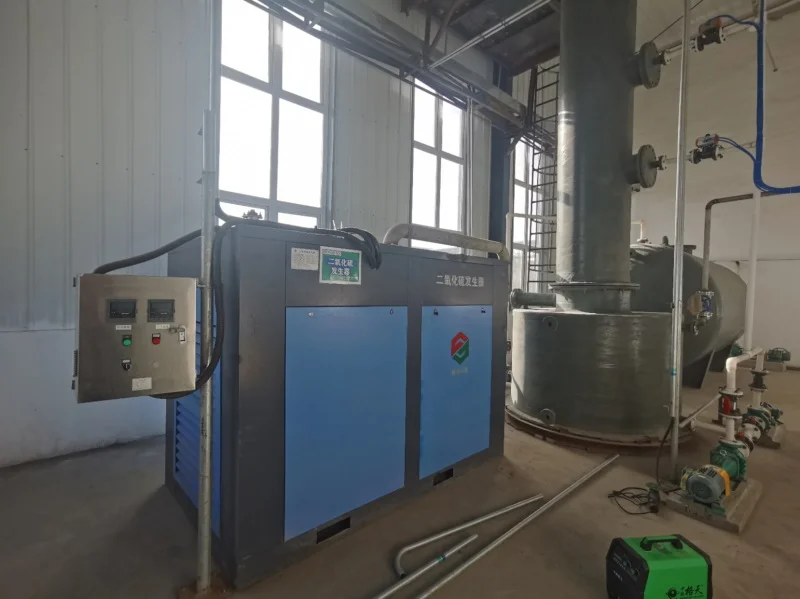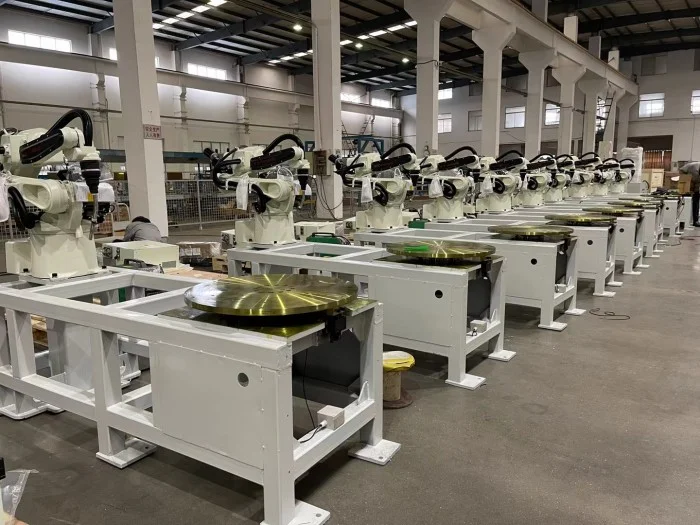Transportation systems play a pivotal role in connecting people, goods, and ideas across the globe. As technology continues to advance, transportation systems have undergone significant transformations, revolutionizing the way we travel and transport goods. In this blog post, we will explore the advantages and disadvantages of modern transportation systems, shedding light on their impact on society, the environment, and the economy.
- Efficiency and Speed:
One of the primary advantages of modern transportation systems is their ability to enhance efficiency and speed. With the advent of high-speed trains, airplanes, and advanced road networks, the time required to travel long distances has significantly reduced. This increased efficiency has facilitated the growth of businesses, improved accessibility to remote areas, and fostered cultural exchange. - Global Connectivity:
Modern transportation systems have brought the world closer together, enabling seamless global connectivity. Through air travel and shipping, people and goods can reach any corner of the world within a matter of days. This interconnectedness has facilitated international trade, boosted tourism, and fostered cultural exchange, leading to economic growth and a more interconnected global community. - Economic Growth:
Transportation systems are the backbone of economic growth. They facilitate the movement of goods and services, connecting producers with consumers. Modern transportation systems have enabled businesses to expand their markets, reach new customers, and reduce transportation costs. This has led to increased trade, job creation, and economic development, benefiting both developed and developing nations. - Environmental Impact:
While modern transportation systems offer numerous advantages, they also come with environmental drawbacks. The burning of fossil fuels in vehicles contributes to air pollution and greenhouse gas emissions, exacerbating climate change. Additionally, the construction of transportation infrastructure can lead to deforestation, habitat destruction, and disruption of ecosystems. As we strive for sustainable development, it is crucial to address these environmental concerns and promote greener transportation alternatives. - Congestion and Infrastructure Challenges:
As transportation systems become more advanced, they also face challenges such as congestion and infrastructure limitations. Rapid urbanization and population growth have resulted in increased traffic congestion in cities worldwide. This not only leads to wasted time and productivity but also contributes to air pollution and increased fuel consumption. Furthermore, expanding and maintaining transportation infrastructure requires significant investments, posing financial challenges for governments and policymakers.
Conclusion:
Modern transportation systems have revolutionized the way we travel and transport goods, offering numerous advantages such as increased efficiency, global connectivity, and economic growth. However, they also come with environmental and infrastructure challenges that need to be addressed. As we move forward, it is crucial to prioritize sustainable and innovative transportation solutions that minimize environmental impact and enhance the overall well-being of society.








+ There are no comments
Add yours